HOME
Confessions of a Hunter – Grass Demons
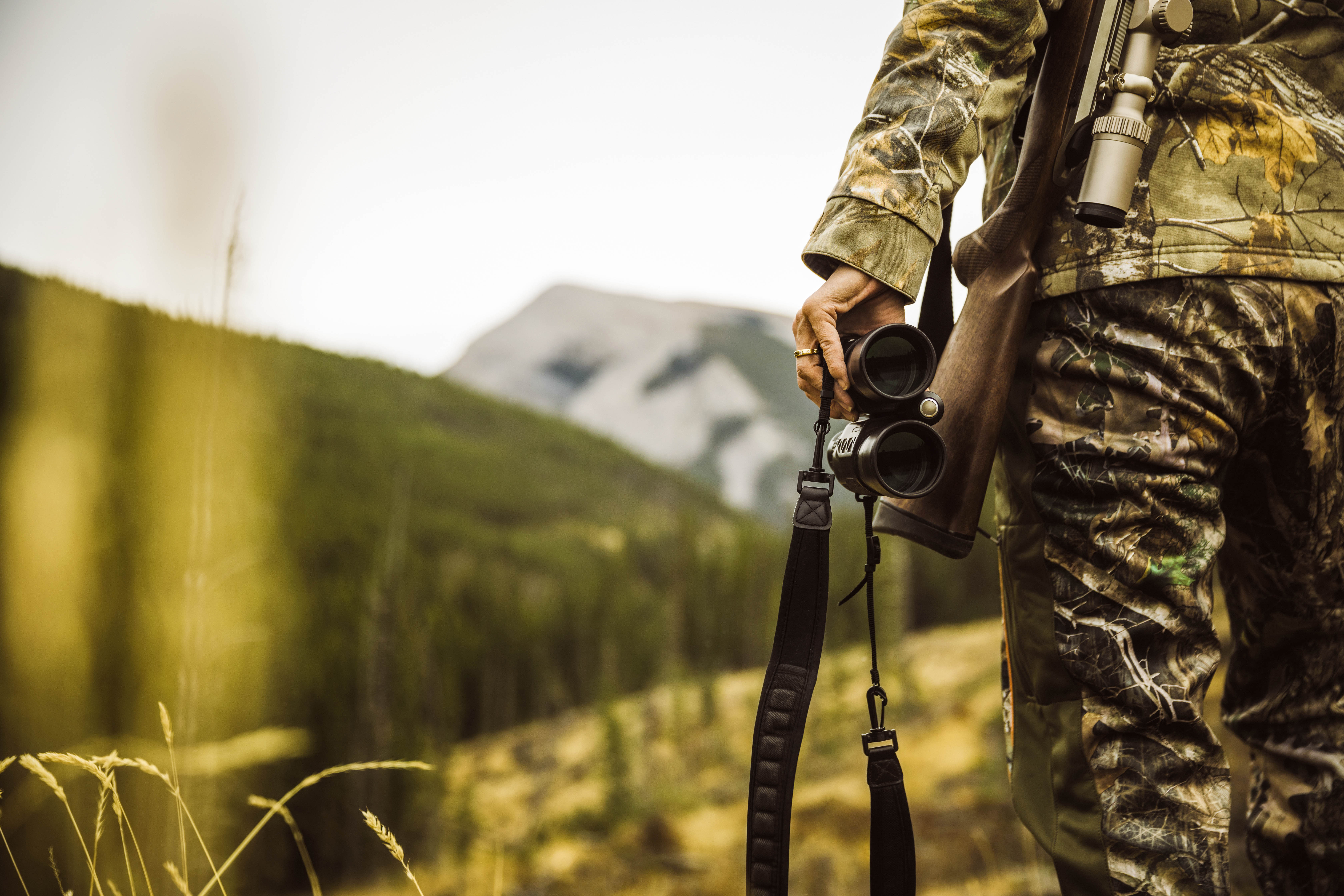
By Andy Anderson
Every year they lurk in the grass, lying in wait for their next victim. You don’t know they are there; they don’t let you know they are invading your body until it’s too late. Chiggers are little skin demons that bring pain and discomfort for days and make you look like you have the worst case of the chicken pox or some plague.
Hunting during the summer can be challenging to say the least. Most of the time a night time excursion is the best bet; it’s just too hot for day time activities. Chiggers, on the other hand, do not care if it’s day light or dark.
A friend of mine came down from north of South Dakota, and wanted to do some pig hunting. Jim is an ambitious man, loves the outdoors and is not afraid of much. He had never been pig hunting and was excited to get out in the woods.
Of course, the heat was unbearable for him in August, but this was the only time he could get away. We spent most of the day resting in the air conditioning, discussing the hunt and methods we were going to employ. We went over gear and prepared snacks and drinks.
Just before dark we headed out the back door. It was still 90 plus degrees and while I really didn’t pay much attention, Jim was wearing shorts. I suggested he might want to wear pants; he insisted he would be fine. He had hunted in shorts in Africa and never had an issue. I told him this was not Africa: you are in Texas, and pants are highly advised. He shook it off and insisted we get after those pigs.
I set him up in a blind over a feeder and near water, a perfect spot with a lot of activity. I headed out to the other side of the ranch and sat in the Ranger overlooking a coastal field near a creek bottom.
As the sun slowly faded into twilight, the mosquitoes began to emerge and swarm my face; I knew if I was having issues, Jim had to be as well. I had a thermocell and couldn’t remember if Jim had anything, but he said he was fine so I turned the thermocell on and instantly was relived of the flying vermin. About that time a sow and a few piglets emerged from the tree line working their way to the middle of the field. I sat waiting for them to close the distance and better shot opportunity.
After about 10 minutes, the sow was within about 50 yards, an easy shot for me with my trusty 243. I lowered the cross hairs down, just behind the left ear. Boom!
To read more pick up a copy of the November 2018 NTFR issue. To subscribe call 940-872-5922.
HOME
Preparing Spring Gardens
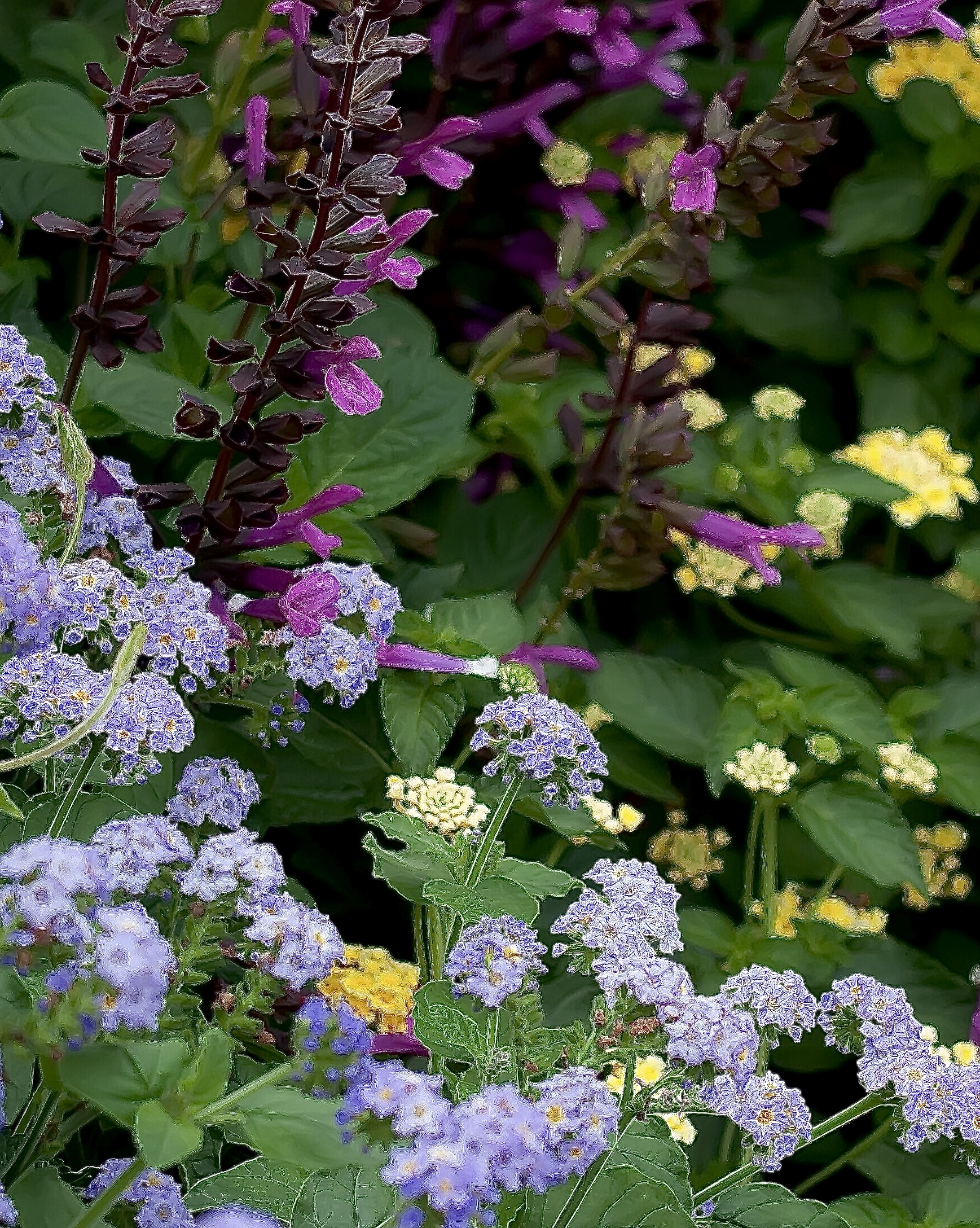
By Hannah Claxton | Editor
The North Texas area is located within USDA Hardiness zones seven and eight. The zones are categorized by predicted low temperatures for winter and timing of the first and last frosts.
Zone seven usually has winter low temps between 0 and 10 degrees F with the average date of the first frost falling between Oct. 29 and Nov. 15 and the average date of the last frost falling between March 22 and April 3.
Overall, these two zones have similar climates and growing conditions, making the options for timing and variety within a garden very similar.
In these zones, cool-season crops should go in the ground in March, meaning that soil preparation should start now.
To read more, pick up a copy of the January edition of North Texas Farm & Ranch magazine, available digitally and in print. To subscribe by mail, call 940-872-5922.
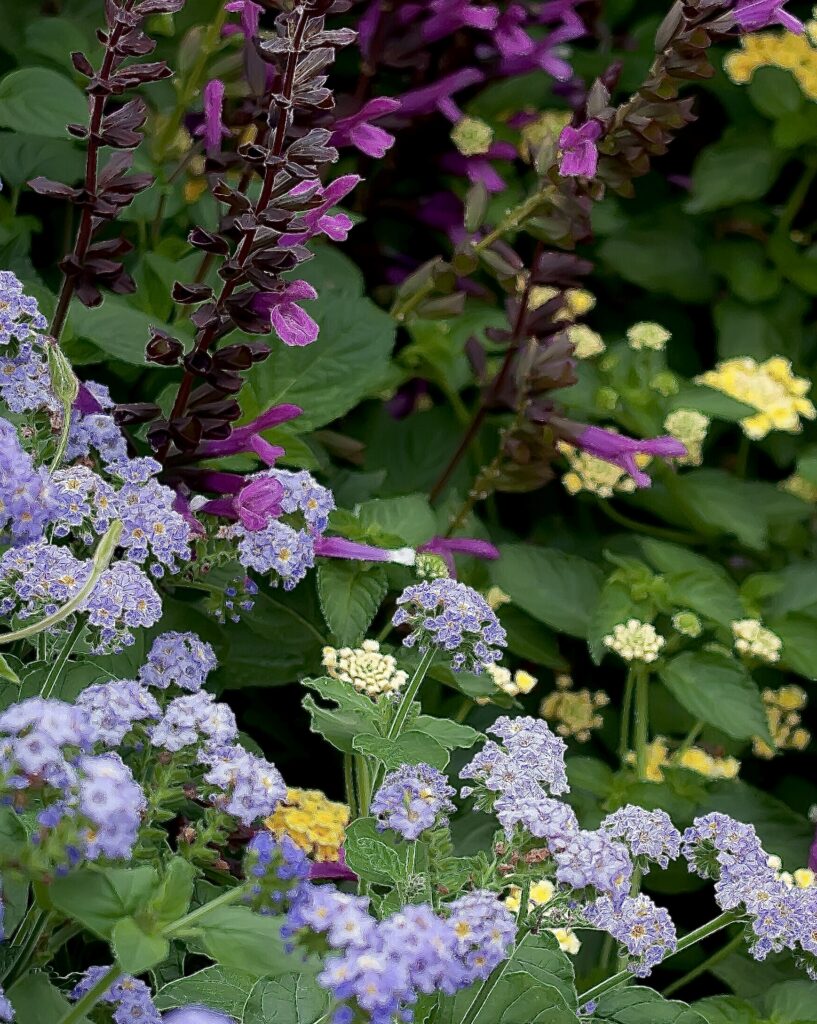
HOME
Equine Vaccinations
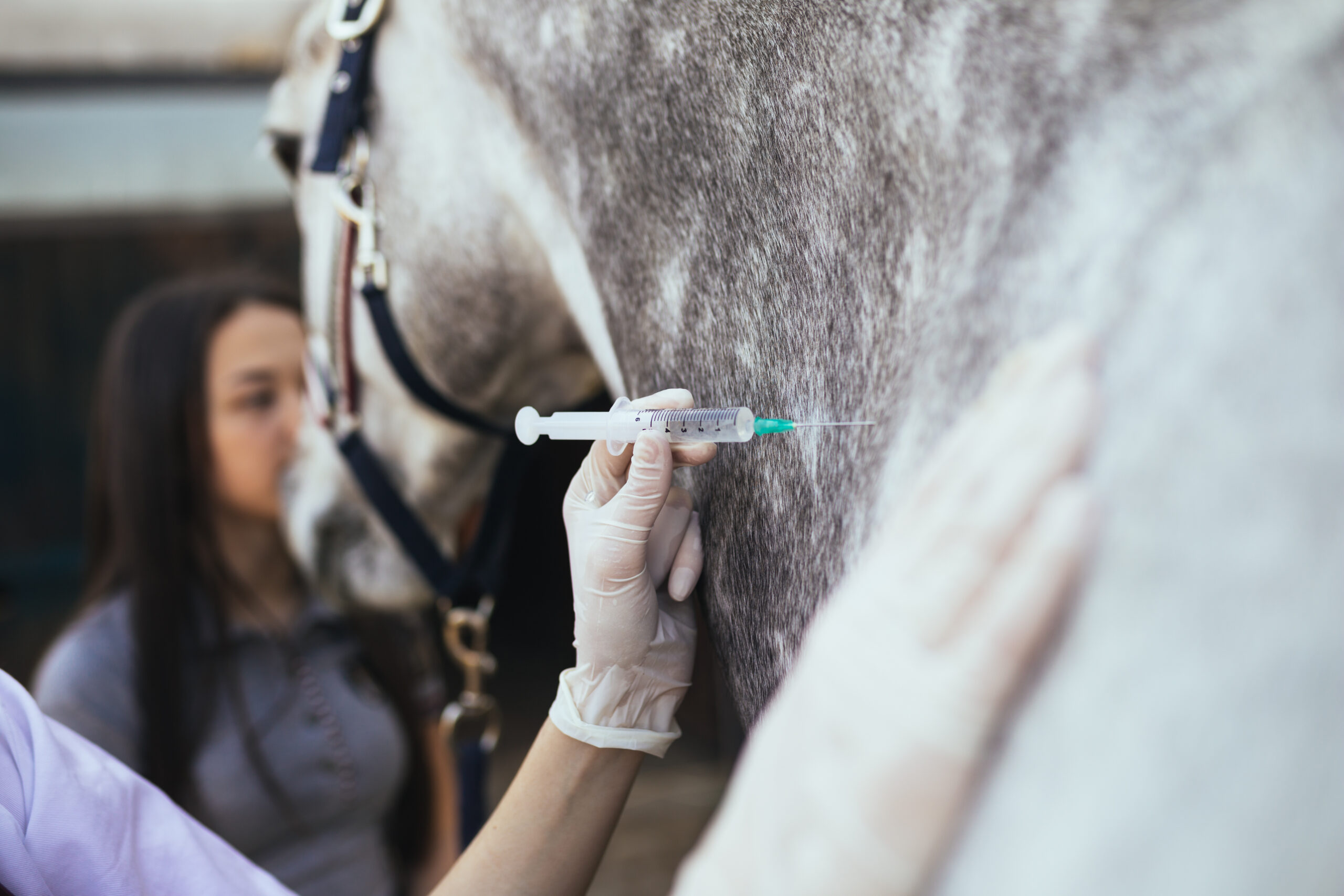
By Heather Lloyd
Vaccinations are a critical component of maintaining the health and well-being of horses, especially in environments where they are exposed to other animals, such as in the sport, show and performance arenas. Horses, like all animals, are susceptible to various infectious diseases that can spread quickly and cause serious harm.
A routine vaccination schedule helps prevent the spread of these diseases by preparing the horse’s immune system.
To read more, pick up a copy of the November edition of North Texas Farm & Ranch magazine, available digitally and in print. To subscribe by mail, call 940-872-5922.
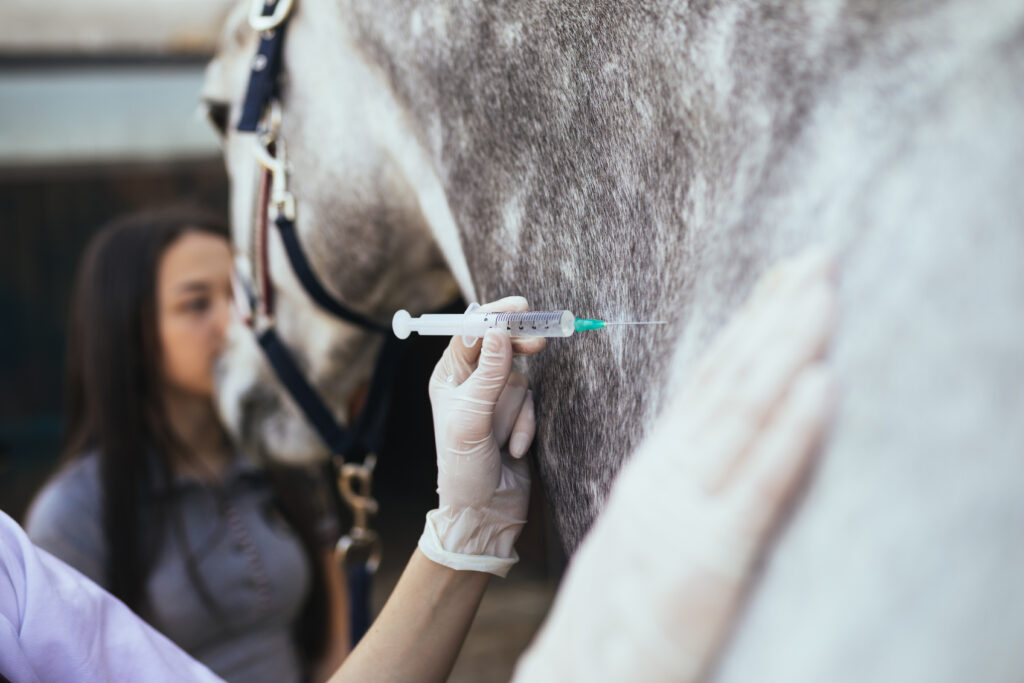
HOME
Wichita Falls Area Cattlewomen
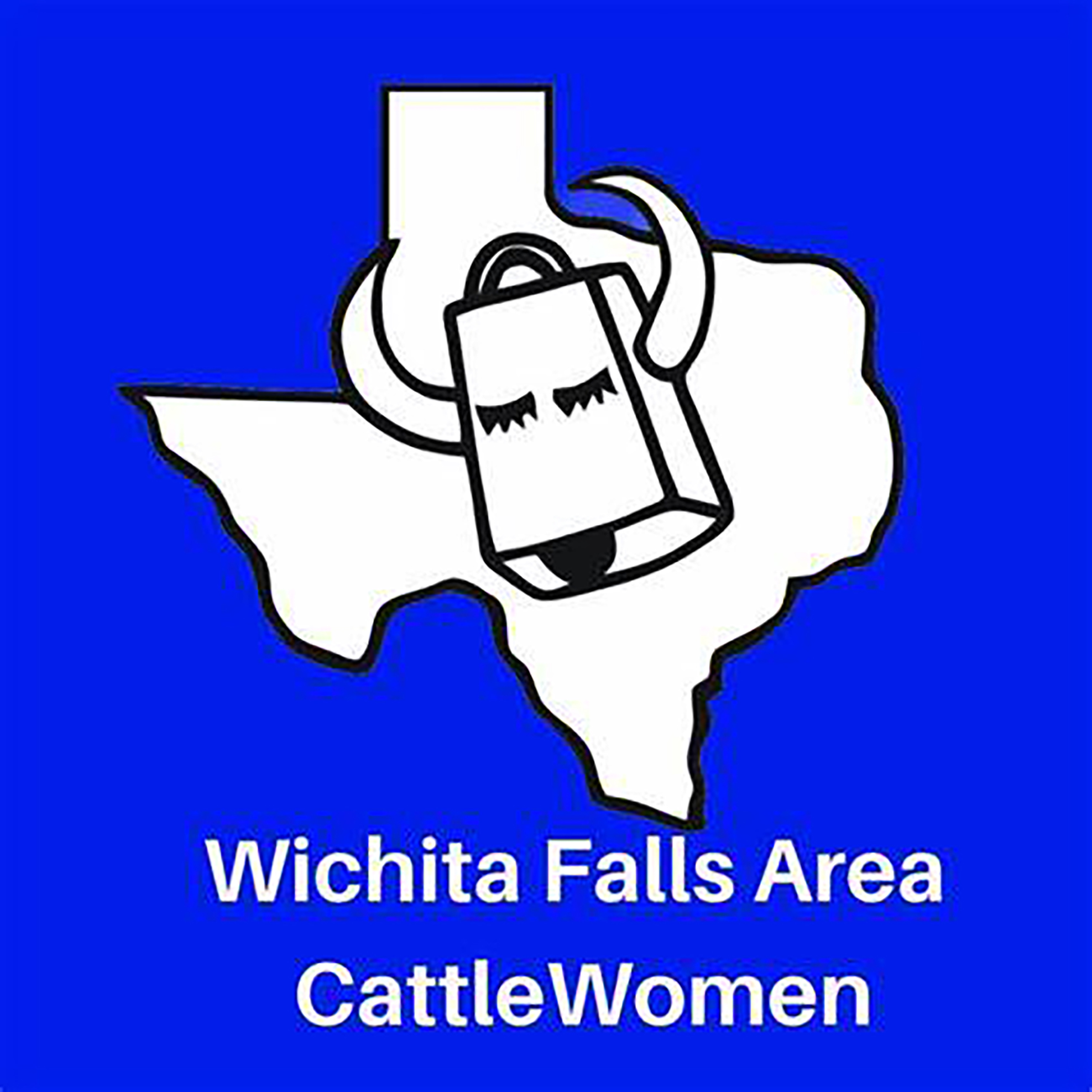
Having herds on a controlled breeding schedule means that we have a predictable calving schedule, and while it’s only over a couple of months, for us it does fall right after the start of the year. I lobby annually to call ours the “Winter calving season”, but I am outvoted and my husband still refers to it as Spring. Unlike producers in our Northern States, we don’t have to contend with brutally harsh winter weather, and on those rare times we do, thankfully it is not for extended periods. Regardless of whether you have a Spring or a Fall calving schedule, the health of a newborn calf begins with the mother’s health, and the mother’s health is largely dependent on the producer.
To read more, pick up a copy of the November edition of North Texas Farm & Ranch magazine, available digitally and in print. To subscribe by mail, call 940-872-5922.
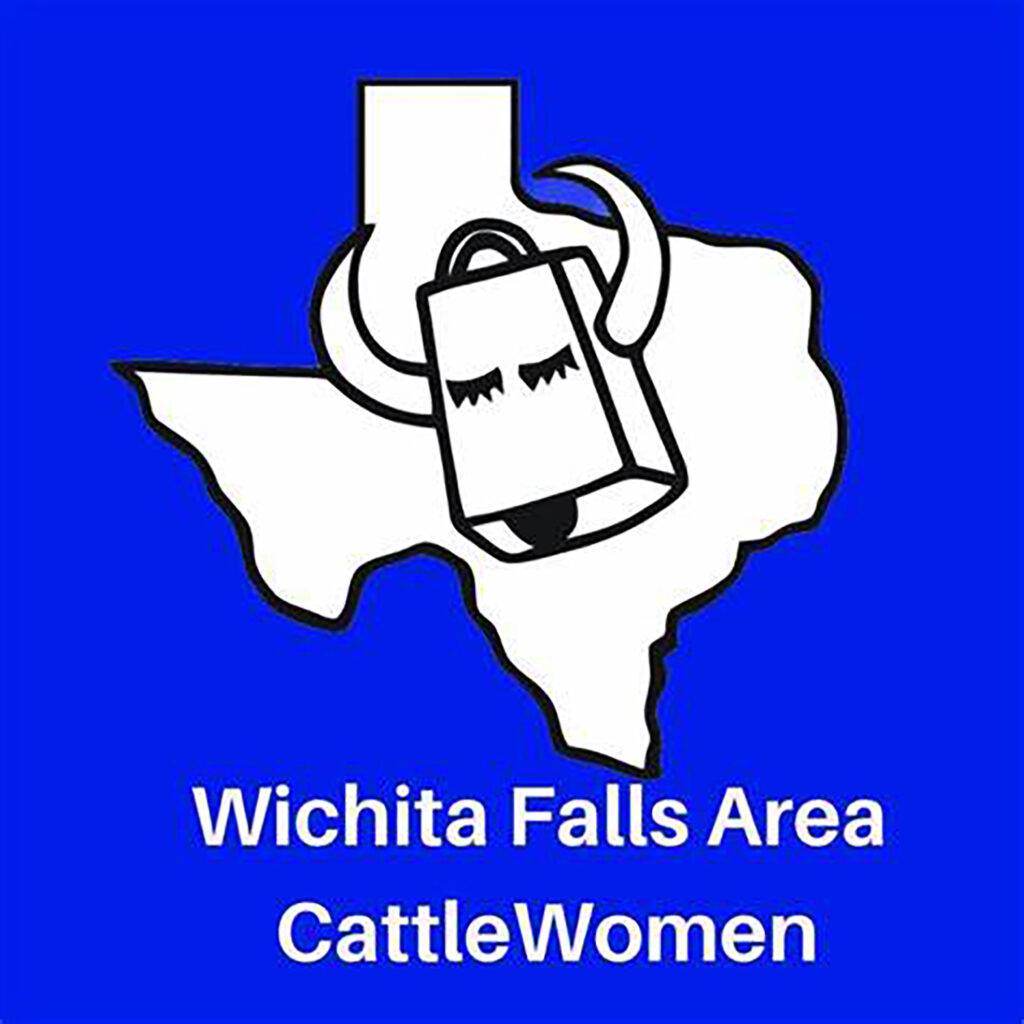
-

 Country Lifestyles2 years ago
Country Lifestyles2 years agoScott & Stacey Schumacher: A Growth Mindset
-

 Country Lifestyles8 years ago
Country Lifestyles8 years agoStyle Your Profile – What your style cowboy hat says about you and new trends in 2017
-

 HOME8 years ago
HOME8 years agoGrazing North Texas – Wilman Lovegrass
-

 Outdoor10 years ago
Outdoor10 years agoButtercup or Primrose?
-

 Country Lifestyles5 years ago
Country Lifestyles5 years agoAmber Crawford, Breakaway Roper
-

 Equine1 year ago
Equine1 year agoThe Will to Win
-

 Country Lifestyles9 years ago
Country Lifestyles9 years agoJune 2016 Profile – The man behind the mic: Bob Tallman
-

 Country Lifestyles8 years ago
Country Lifestyles8 years agoDecember 2016 Profile, Rusty Riddle – The Riddle Way




